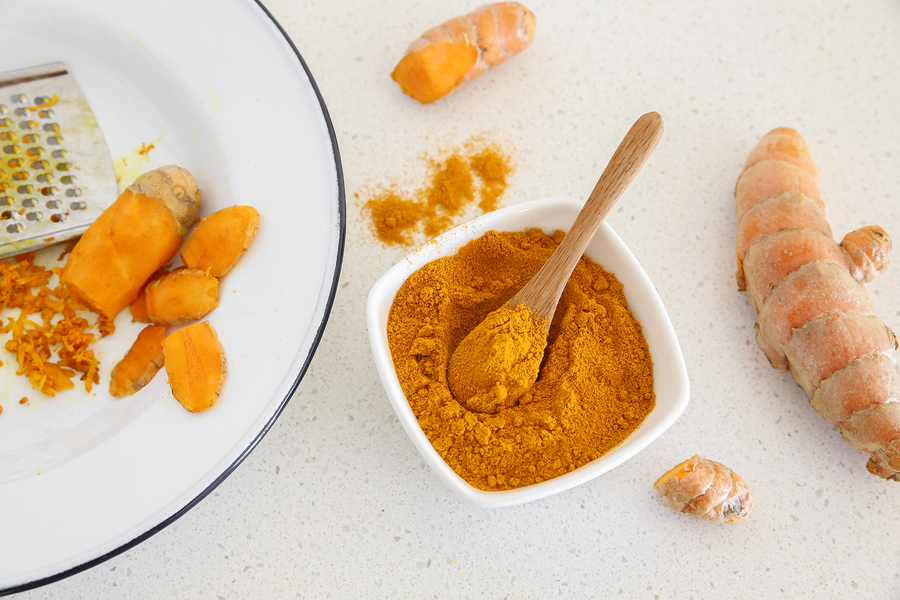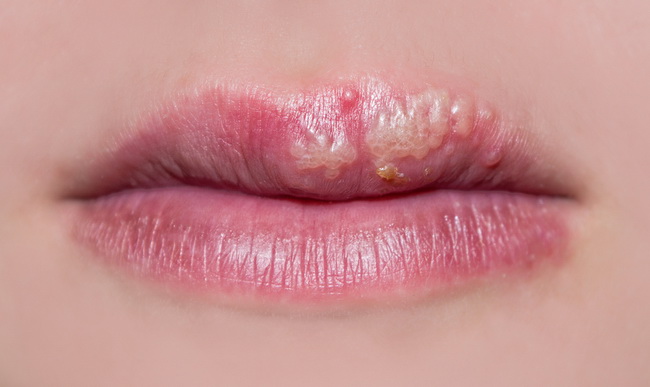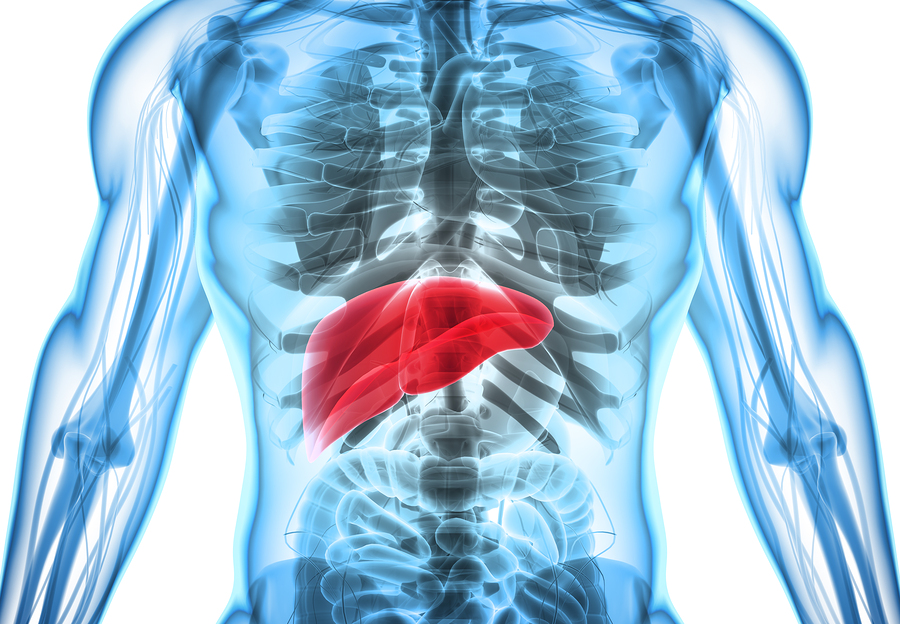- Make It Yourself Lavender Heart-Shaped Bath Bombs!
- 20 Things You Never Knew About “Down There”
- 12 Best Foods For Those Suffering From Arthritis Pain
- 12 Personal Hygiene Mistakes Almost Everyone Makes (Mom Never Told You About #4!)
- 15 Medicinal Plants And Herbs From The Cherokee People
- 12 Mind-Blowing Benefits Of Drinking Coconut Water During Pregnancy
- 12 Outstanding Winter Foods That Won’t Fatten You Up Like A Christmas Turkey
Turmeric Promotes All-Round Health
Turmeric is a spice which comes from the root of the turmeric plant. Originating in India, it is widely used in Asian food. Turmeric is the main spice in curry, and is often used to flavour curry powders, mustard, butters, as well as cheese. The bright yellow colour is obtained from curcumin, a powerful disease-fighting chemical compound found in turmeric.
In the food and manufacturing spheres, the essential oil of turmeric is used in perfumes, while the resin is used for flavouring and as a natural food-colouring ingredient. Turmeric, due to the high content of its active ingredient curcumin, is at the very top of the list of medicinal herbs.
More than 6000 studies to date which make reference to the curcumin in turmeric, have shown that the health benefits may equal, and sometimes surpass, conventional many pharmaceutical medications.
It is largely due to the compound curcumin, that turmeric is so highly regarded for its health properties. Turmeric is in fact the only source of curcumin, and the curcumin which is extracted from turmeric is what is used as such an effective natural medicine.
Incredibly, curcumin from turmeric, is known to have more than 500 health benefits. Modern research has shown that this awesome compound has the potential to prevent and even cure a wide range of illnesses – from heart disease to a cut on the foot, and everything in between!
Curcumin is truly an all-in-one solution for almost every disease. If this seems too good to be true, bear in mind that the health benefits of this great herb are all supported by scientific studies. Listed here are just 10 of the major ailments that curcumin and turmeric will help treat:
1. Heart disease
The antioxidants in curcumin protects the heart from diseases like the hardening of the arteries which improves blood vessel function. In addition, research has shown that compounds in turmeric have the potential to relax blood vessels and reduce the incidence of high blood pressure.
Continue to Page 2
2. Arthritis
Curcumin is well known for its potent pain-reducing properties and is an excellent way to manage arthritic and joint pain. Traditional arthritic drugs are full of harmful side effects which may damage the digestive system. Curcumin has no such gastric side effects, but because of its anti-microbial properties, has been found to actually protect the digestive tract from bacterial infections.
3. Thrombosis
Curcumin is an anti-coagulant which helps to prevent the formation of dangerous blood clots in the veins. These clots can cause serious damage and even death if they move to the heart or the brain. The anti-platelet activity helps maintain anti-coagulation, and keeps thrombosis at bay.
4. Cancer
Laboratory studies have indicated that curcumin may have anti-cancer properties. It seems to target and kill cancer cells and prevent more from growing. It appears to have the best effects on breast, bowel, and stomach cancers.
5. Chemotherapy
Cancer research has revealed that some cancers are becoming resistant to cancer therapy and chemo treatments. Studies have shown that curcumin may increase the sensitivity of various cancer cells to chemo agents, as well as boost their anti-cancer effects. This includes radiation treatments. Turmeric and curcumin have proved to be potent, natural anti-cancer agents, and work together to help prevent and treat cancer.
Continue to Page 3
6. Herpes
Curcumin supports the immune system, and while the immune system is functioning well, it inhibits the outbreak and spreading of the herpes virus, which is forever in the body. Turmeric’s anti-microbial and wound healing properties also help in the treatment of warts and sores which occur in herpes.
7. Chronic fatigue syndrome (CFS)
Clinical studies have indicated that the compounds found in turmeric may help with CFS as many of the symptoms such as fungal infections, depression, and low immunity, are positively affected by curcumin. CFS is very debilitating, and curcumin has been shown to improve the symptoms so that you can better manage your energy.
8. Respiratory diseases
The anti-inflammatory and antioxidant properties in turmeric compounds is traditionally used to combat and relieve respiratory disorders such as colds, asthma, and bronchial asthma, by helping to clear airway obstruction and promote easier breathing. Studies also indicated that curcumin can assist by easing the symptoms of emphysema and chronic bronchitis.
9. Free radicals
Free radicals are unstable chemicals which roam through the body causing damage to healthy cells, body tissues and organs. They are caused by stress, environment impurities and poor lifestyle habits. Only anti-oxidants can stop the damage they do, and the powerful anti-oxidants in turmeric compounds successfully seek out and destroy these free radicals.
Continue to Page 4
10. Liver health
Curcumin has long been associated with liver health. The anti-inflammatories help to prevent liver damage, while the high antioxidant content of the compound keeps the free radicals from attacking the liver. The liver is also protected from heavy metal toxins such as mercury and lead, which are taken in from the environment.
Adding curcumin to your diet through turmeric is fairly simple, as the spice can be added to food, especially curries, casseroles, and stews. However, it is unlikely to give you the therapeutic dose you need. The best way to go is via natural, curcumin or turmeric supplements, or even a complex supplement of the two.
The results of the studies have resulted in some pharmaceutical companies looking into the merits of producing a synthetic form of curcumin supplements. Natural health practitioners agree that synthetic curcumin may not have the same effects as the all-natural products, and could potentially have some side-effects.
When taken in normal doses there are no side-effects except a possible mild skin reaction in the form of an itchy rash. However, there are some precautions to note.
- Supplements should be avoided during pregnancy and breastfeeding because there is no documented research on curcumin for children.
- Those on blood-thinning meds should not take the supplements, although a small amount of the spice can be added to food.
- Because of the anti-coagulant properties, supplements should be discontinued about 2 weeks before planned surgery.
- If you are on any medication, allow a gap of 3 to 4 hours before taking your daily curcumin supplement.
READ ALSO: Turmeric & Its Anti-Inflammatory Qualities Infographic
Ancient eastern civilisations used Turmeric over the centuries as a spice and medicinal herb, and many even considered it a magic potion!
Modern research has now proved that turmeric is not magic – but a true miracle herb.
References:





































